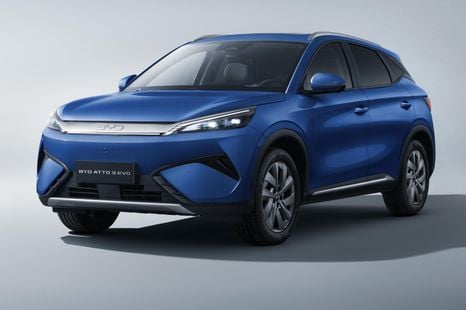

Derek Fung
BYD Atto 3: Much more powerful rear- and all-wheel drive models approved for sale
2 Hours Ago

News Editor
Kia says it’ll launch two electric pickup trucks by 2027, as it aims to have a full line-up of 14 EVs by that year.
The company says they’ll be “a dedicated electric pickup truck and a strategic model for emerging markets”.
Additionally, Kia plans to introduce an “entry-level” EV by 2027, with no further details provided.
It says it’ll produce one of the utes alongside an SUV in the US from 2024, and mentioned these would be mid-sized models. This suggests it’ll have an electric counterpart to the likes of the Ford Ranger.
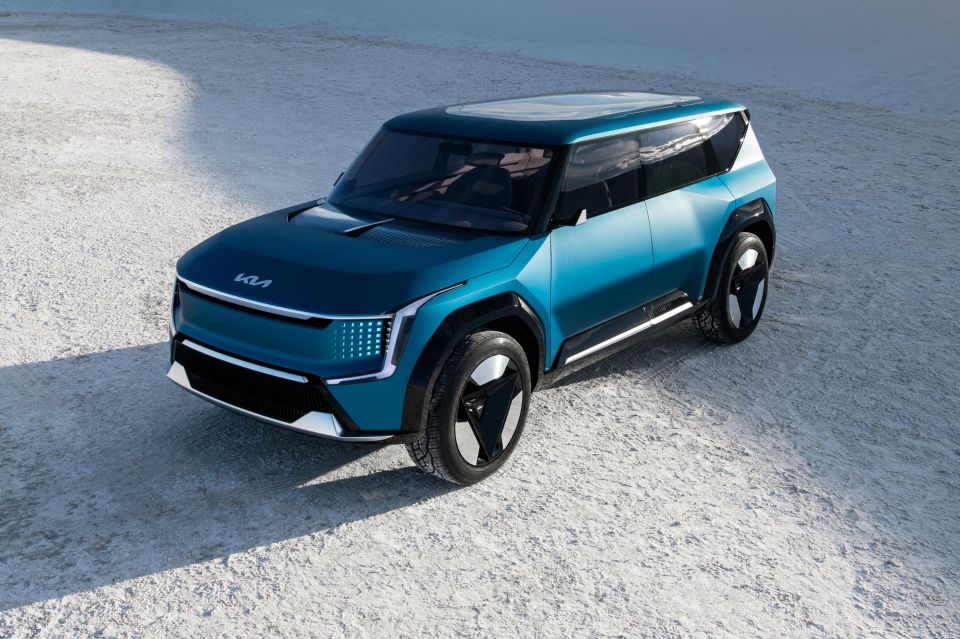
The plans were announced as part of the company’s 2022 CEO Investor Day event.
It’ll introduce at least two EVs per year starting in 2023, with high-performance GT variants of each new model line.
Kia says Korea will serve as a global hub for research, development, production and supply of EVs, while other global production sites will produce “strategic” EVs for each market.
For example, Kia says it will start producing new small and mid-sized EVs in Europe from 2025.
One of the first new EVs will be the large EV9 SUV.
Previewed in concept form last year, Kia says it’ll offer a 0-100km/h time of five seconds and approximately 540km of range.

It’ll support over-the-air updates while allowing owners to selectively purchase software functions, with this functionality to be offered in every new Kia introduced from 2025.
It’ll also debut Kia’s new AutoMode autonomous driving technology, which will also be updatable over-the-air.
It’ll include a ‘Highway Driving Pilot’ Level 3 autonomous feature, allowing driving “without driver intervention on highway sections”.
By 2026, Kia says all new models launched in “major markets” will be available with AutoMode.
The company aims to further upgrade this technology, eventually implementing fully autonomous driving tech.
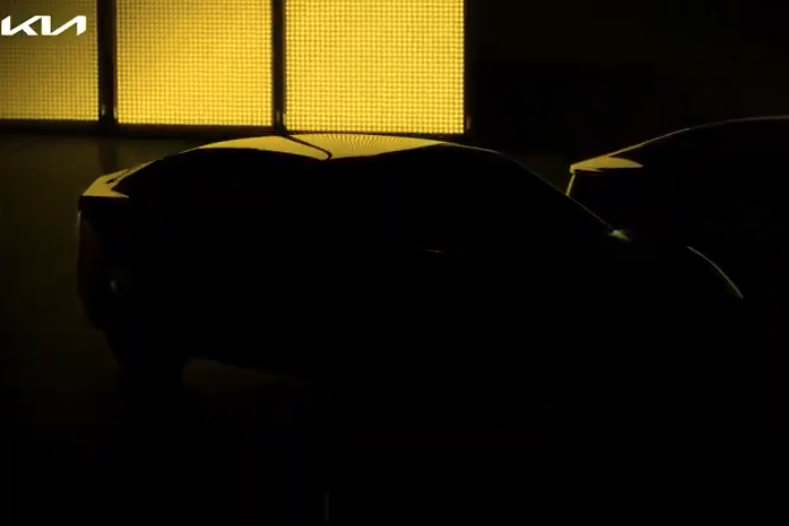
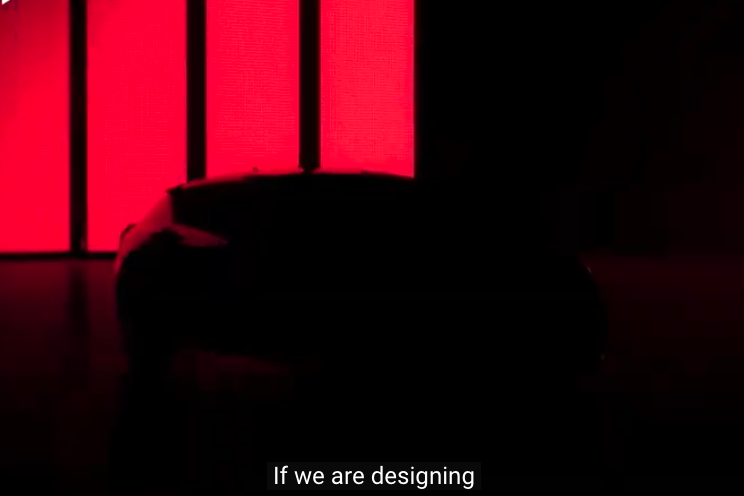
Though Kia hasn’t confirmed any other upcoming EVs beyond the EV9, early last year it previewed the silhouettes of a crossover, a small coupe and hatchback, and a slinky sedan as it announced plans to introduce 11 EVs by 2026 (since expanded).
Kia is aiming to sell 4 million vehicles globally by 2030, including 1.2 million EVs and 800,000 other “eco-friendly” models.
The company projects over 80 per cent of its EV sales in 2030 will come from Korea, North America, Europe and China, and EVs will account for 45 per cent of total brand sales in these markets.
It expects to sell 3.15 million vehicles overall this year, including 160,000 EVs.
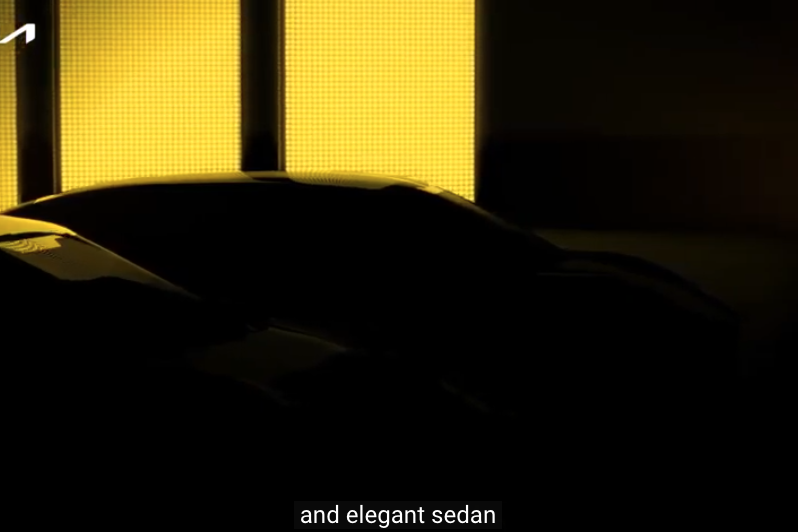
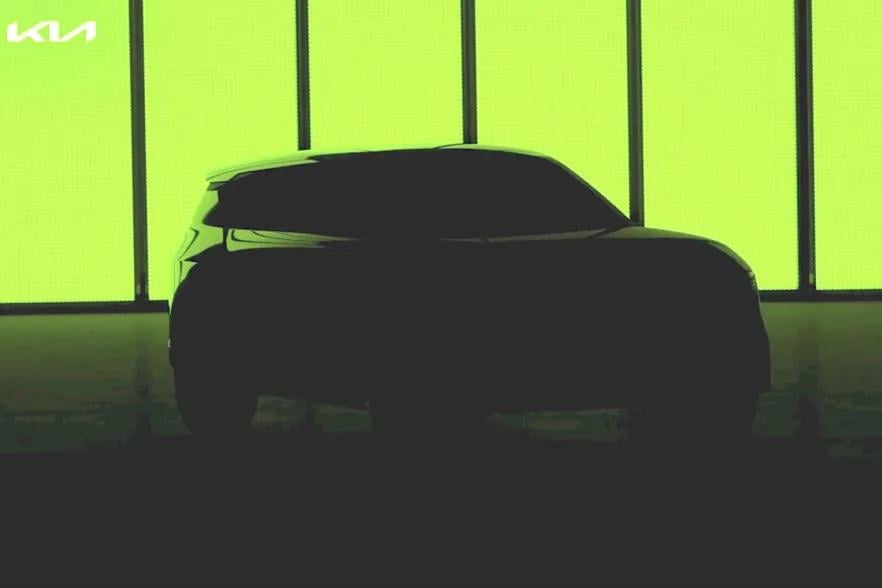
It’s also aiming to be the number one brand in the global “purpose-built vehicle” (PBV) market by 2030.
It’ll develop a dedicated PVC communication channel to respond to customer requirements, as well as an integrated data platform to provide customised services and solutions to PBV customers.
Kia says it’ll introduce its first dedicated PBV in 2025, a mid-sized vehicle, when it expects the PBV market to mature, but its first examples will be based on existing models.
For example, it’ll introduce the Niro Plus, which will be deployed for taxi and car-hailing service.
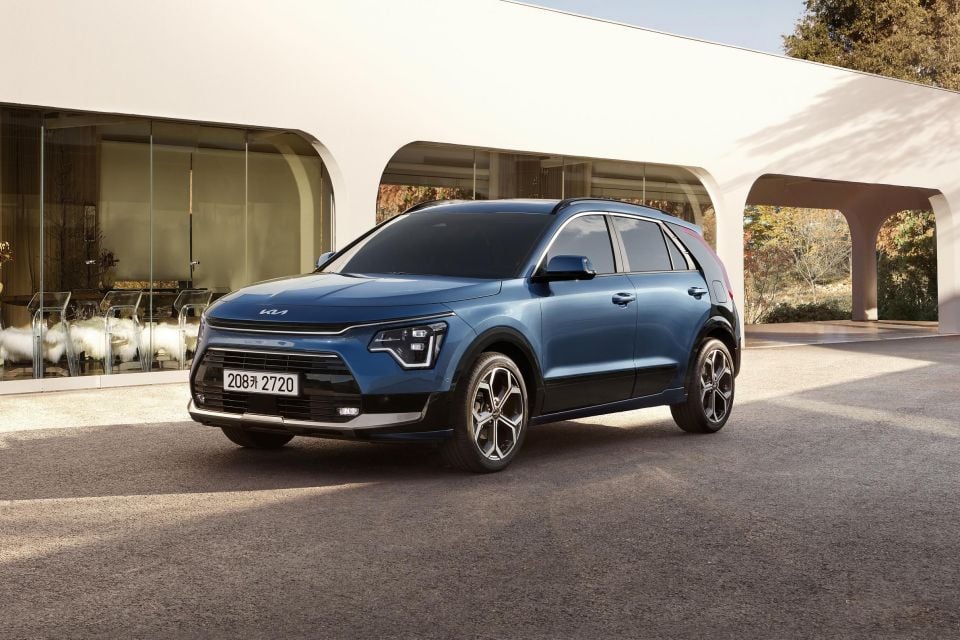
The dedicated PBV launching in 2025 is being developed with an eye to reducing business owners’ operating costs, with over-the-air updates and autonomous driving technology. It plans to launch PBVs in a variety of different sizes.
Kia is planning to establish a battery supply and demand strategy, producing batteries as part of an Indonesian battery cell joint venture and outsourcing to global battery companies.
By 2030, it wants to increase battery energy density by 50 per cent and reduce system costs by 40 per cent.
Kia recorded its highest-ever gross revenue and operating profit in 2021, and is projecting an operating profit margin of 7.8 per cent for 2022.
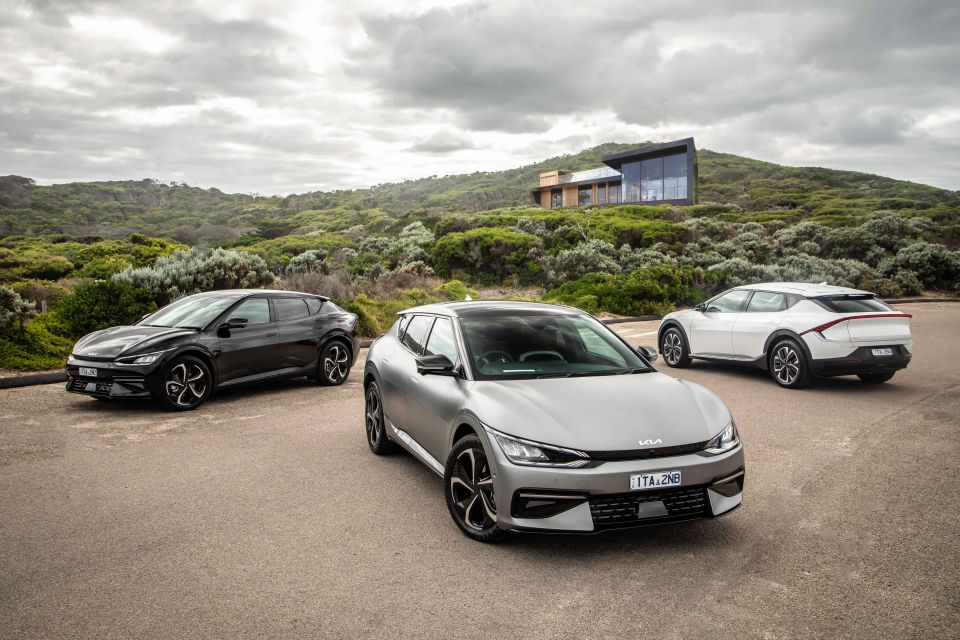
It’s expecting 39 per cent of its operating profit to come from EVs in 2026 as it increases production volume and therefore reduces fixed costs.
In total, it expects operating profit from all “eco-friendly” models will reach 52 per cent, exceeding that of conventional internal combustion engine models.
It’s aiming to increase its market capitalisation to KRW 100 trillion (A$113.8 billion) by 2026, a threefold increase from its KRW 33 trillion (A$37.54 billion) figure for 2021.
It’s investing KRW 28 trillion ($31.86b) in business operations over the next five years, of which 46 per cent will be invested in future projects.
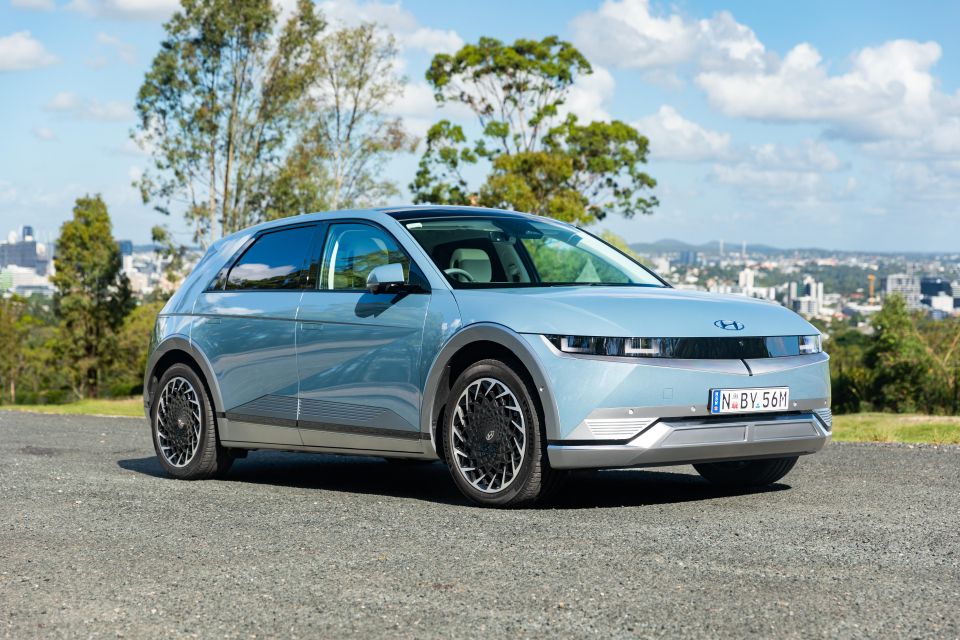
Background context:
Kia’s announcement of its EV and financial goals comes just hours after Hyundai Motor announced its plans for the Hyundai and Genesis brands.
Hyundai Motor wants to own seven per cent of the global electric vehicle (EV) market by 2030, and to get there it’s planning an onslaught of new EVs.
As part of a 19.4 trillion won (A$22.1 billion) investment in electrification through 2030, it’s aiming to sell 1.87 million EVs globally by that year – compared to 1.2m for Kia.
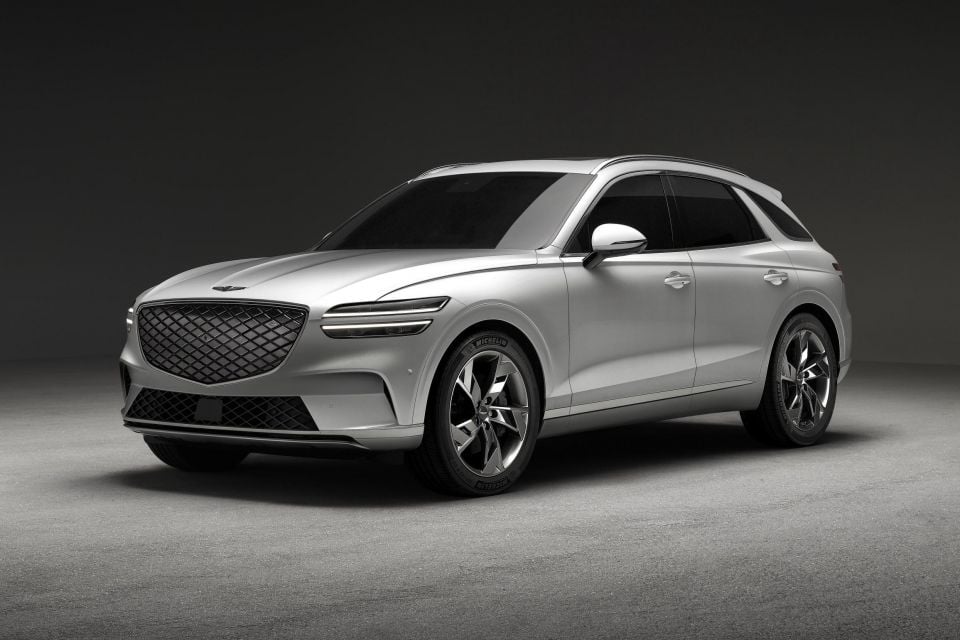
The Hyundai brand will receive 11 new EVs by then, comprising three sedans, six SUVs, one light commercial vehicle, and one “new type model”.
Genesis will receive six EVs of its own: two passenger cars and four SUVs, the latter including the Electrified GV70 launching this year.
While Hyundai mentioned it was planning a light commercial vehicle, it didn’t specify whether it was a ute or a van.
Hyundai and Kia have been rumoured to be developing a ute for some time, but it has yet to eventuate. It appears previous plans to introduce an ICE-powered ute may have been scuttled in favour of the new EV utes.
MORE: Hyundai and Genesis introducing 17 new electric vehicles by 2030
Go deeper on the cars in our Showroom, compare your options, or see what a great deal looks like with help from our New Car Specialists.
William Stopford is an automotive journalist with a passion for mainstream cars, automotive history and overseas auto markets.


Derek Fung
2 Hours Ago
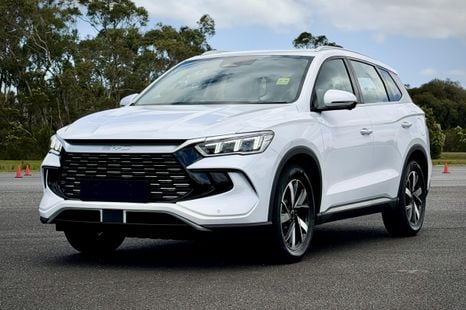

Ben Zachariah
9 Hours Ago
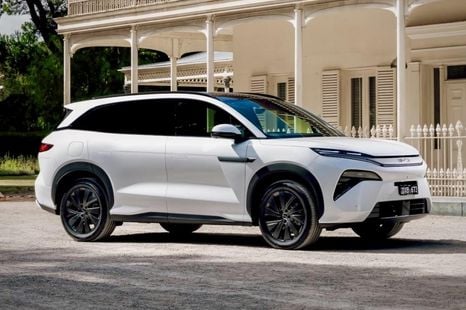

Ben Zachariah
9 Hours Ago
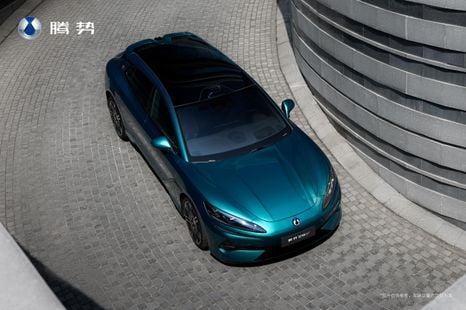

William Stopford
14 Hours Ago
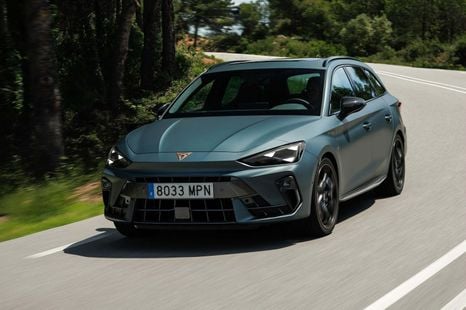

William Stopford
15 Hours Ago


Damion Smy
18 Hours Ago
Add CarExpert as a Preferred Source on Google so your search results prioritise writing by actual experts, not AI.